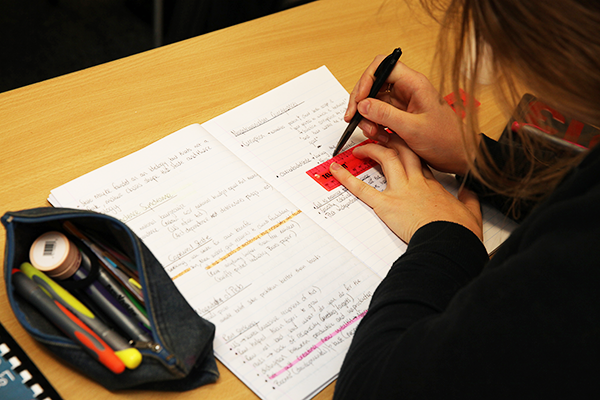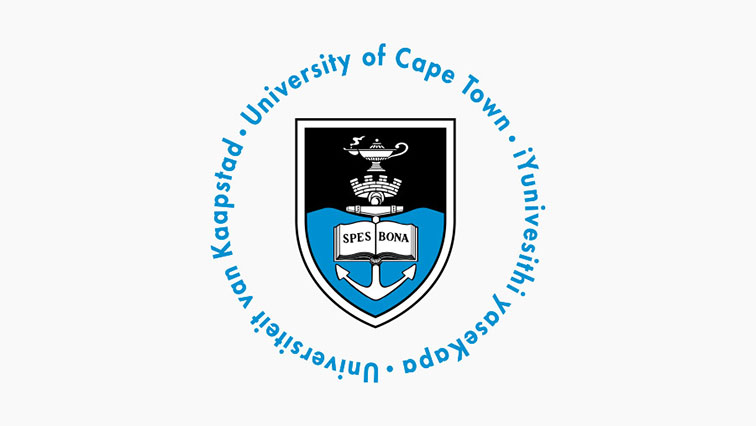This guide introduces you to the fundamentals of a hassle-free experience with your assignment/project.
Guide to tackling your first assignment (Word version)
Guide to tackling your first assignment (PDF version)

As you embark upon your online learning journey, UCT Libraries, your information partner, is here to support you by:
- teaching you about the standard research elements and processes.
- directing you to relevant and appropriate tools and resources that will simplify your academic needs and enhance your output
- enhancing your research skills so that you are able to search for, find, collect, analyse, interpret and evaluate information relevant to the subject you are studying.
Completing your Research Project
When conducting research, be it a minor assignment or a major project, the fundamental research elements and processes are the same. However, when the breadth and depth of the project changes, the corresponding application of the research elements is required. The following are some standard processes and elements that need to be followed to complete a good research project.
1. Conducting a literature review
To engage in a good and rewarding research process, start with the review of the literature using the wide range of resources that is made available via the Libraries. The basic literature review guide will support your efforts to identify and extract authentic and credible scholarly literature which will assist you in your research project. For more detailed information use the in-depth literature review guide.2. Using Information Resources
Use the discovery tool Primo, available from the Library’s home page, to search many of our Library's full-text resources (ebooks, articles, videos and more) from a single SEARCH box.
To aid in optimising your searching, here is a guide PRIMO: the Basics of finding electronic materials on the UCT Catalogue.
How to login to Primo
As you are currently working from home, you will be prompted to log in with your UCT network credentials (e.g. student/staff number and password).
Visit our Youtube Channel for How-to Videos
Watch our How-to Videos to up skill yourself on navigating our online resources and more.3. Consulting Open Resources
There are credible and authentic scholarly literature and research that are freely available online. These journal articles, books and open educational resources will assist you with your research project.
The University’s open access repository OpenUCT and data repository ZivaHub will also provide access to scholarly information and data.
4. Applying referencing techniques
It is ethical research practice to acknowledge the work of authors. Within the text of the research document, work and ideas can be cited using the author’s surname and year of publication. Visit the Libraries Referencing Help page to assist you with citing or referencing.
UCT Libraries has also published an open access reference guide, known as the UCT author-date guide which is accessible via OpenUCT.
6. Using Help Guides
Library staff have created a range of extremely useful LibGuides, using propriety software, that contain information, resources and links relevant to subjects, courses or general topics.

